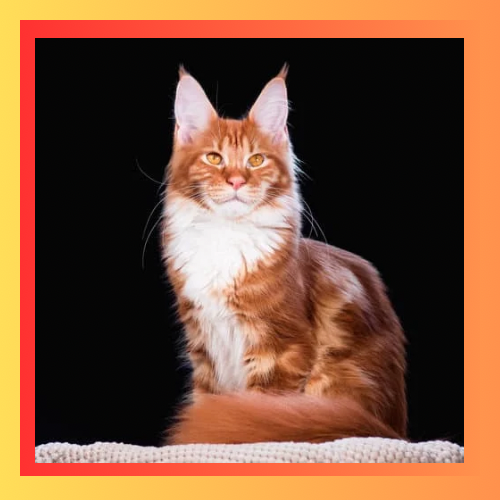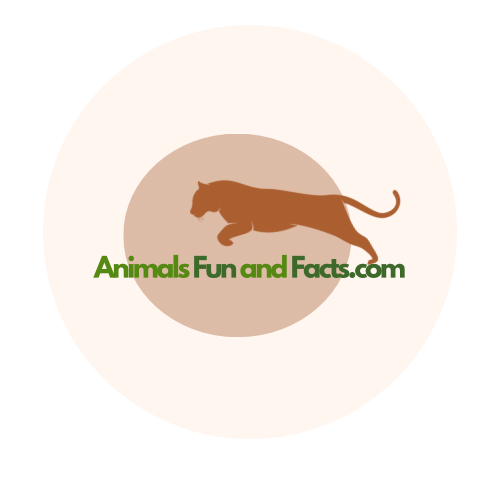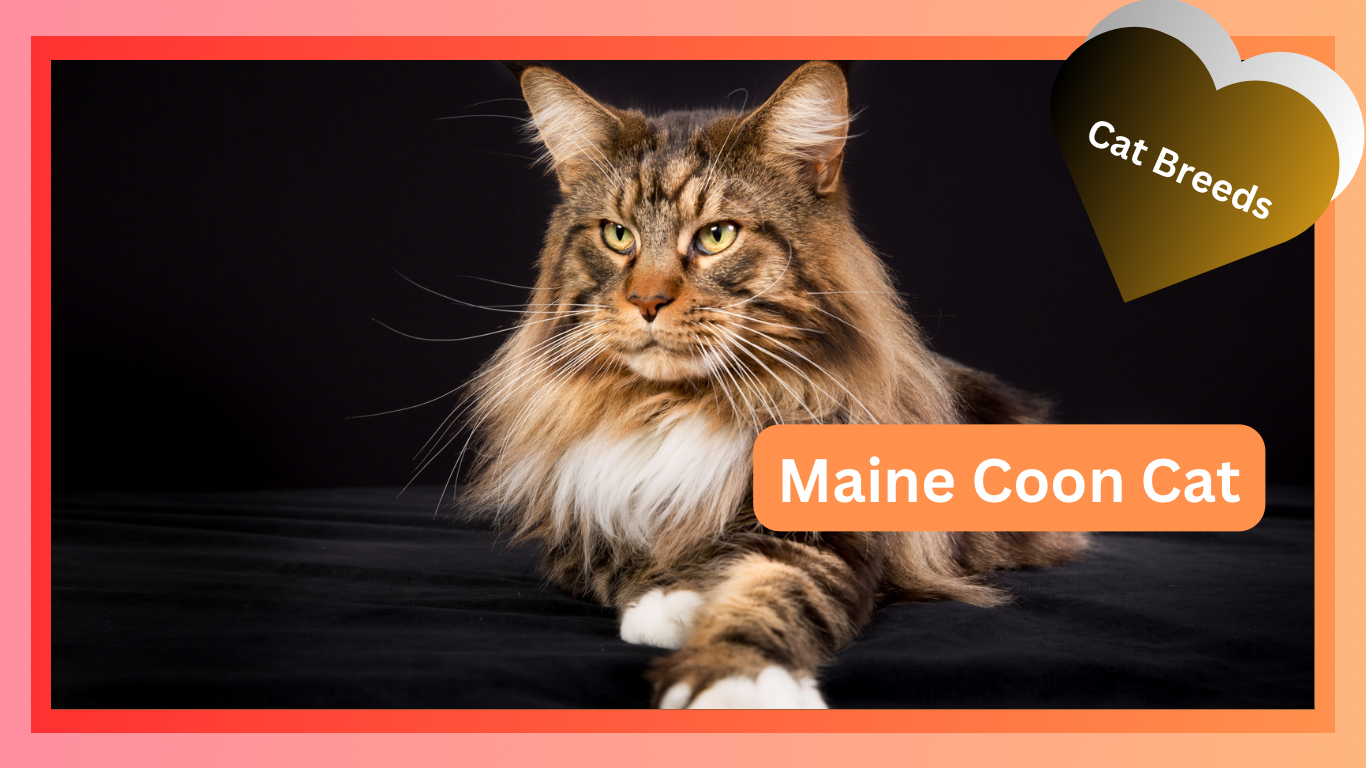Maine Coon cats are often called the ” giants” of the feline realm. They are adored by cat enthusiasts worldwide for their large size and beautiful fur as well as their friendly nature.This piece explores the traits and history of Maine Coon cats while discussing how to take care of them and a glimpse into why they are cherished as companions by so many people.
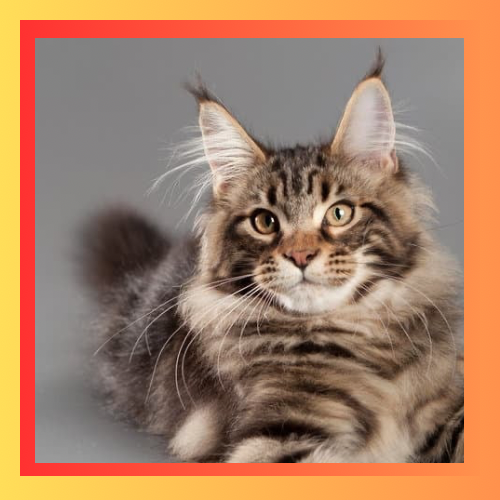
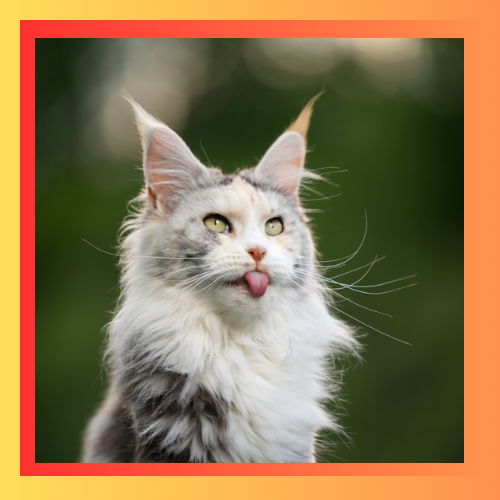
The Background
The history of the Maine Coon cat is filled with stories and legends that surround its origins in mystery and folklore.There is a belief that these cats are linked to Marie Antoinettes haired domestic cats sent to America during the French Revolution. Another fascinating tale suggests they are a result of cats mating with raccoons—although biologically unlikely—. Its an entertaining notion considering their bushy tails and tufted ears.
It is believed that Maine Coons evolved naturally in the regions of the United States and particularly in Maine due to their fur that repels water and aids in surviving severe winters there. They were officially acknowledged as a distinct around the middle of the 19th century and gradually became popular at cat exhibitions and agricultural events. By the end of the 1800s era Maine Coons were becoming renowned for their size build and exceptional hunting skills.
Appearance Traits.
Maine Coons are known as the largest cat breed around; male Maine Coons generally, weigh between 13 to 18 pounds while female ones range from 8 to 12 pounds – although some males can go over the 20 pound mark! They boast sturdy bodies accompanied by broad chests and lengthy legs; but what truly stands out about these felines is their impressive long and bushy tails that can match the length of their entire body.
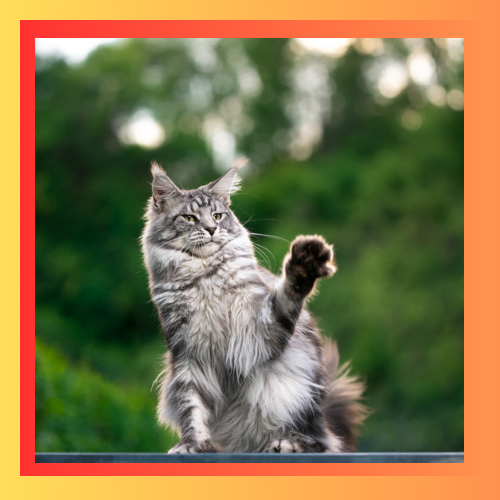
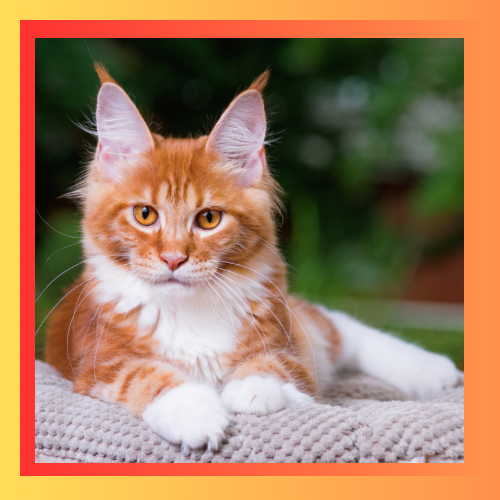
Maine Coons are easily recognized by their coats – a double layer that feels silky and can resist water effectively; the length varies across their body from shorter fur, around their shoulders to longer fur around their stomach and hind legs for superior insulation purposes; these cats display a range of colors and patterns but brown tabby is the prevailing choice, among them.
The Maine Coons head is a bit longer than it’s wide and features high cheekbones and a robust chin complemented by big and lively eyes that come in shades of green, gold or copper hues. They sport ears with tufts at the tips that resemble those of a lynx which further enhances their look.
Disposition.
Maine Coons are large. Have a reputation for being gentle creatures with a dog like personality due to their loving and playful behavior. They enjoy socializing with their companions and other animals. Although they may not be typical lap cats they prefer staying close by and following their owners around the house.
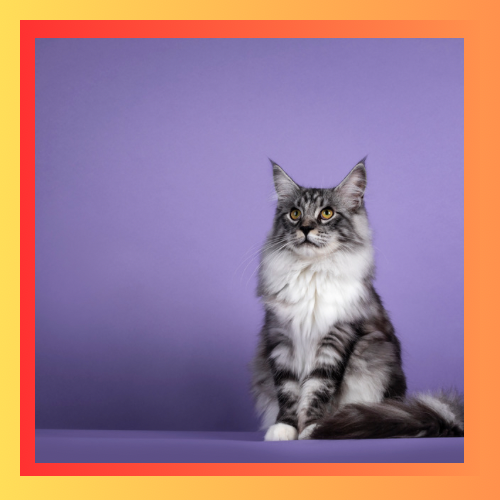
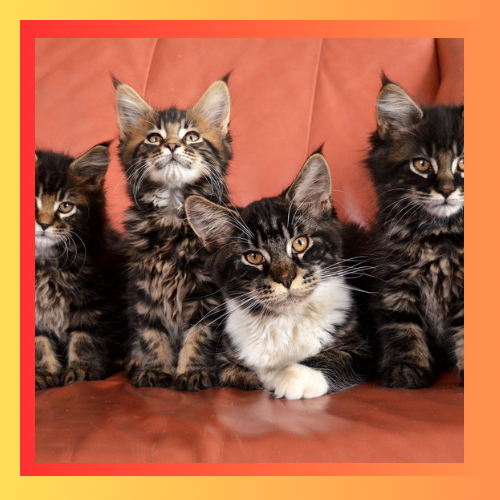
Maine Coons are quite clever and inquisitive too! They love playing with toys and solving puzzles to stay mentally alert and active as they grow older.
Maine Coon cats are typically not very talkative compared to other breeds; they usually express themselves through a range of chirps and soft meows that many pet owners find charming.
Maintenance duties.
Maine Coons need grooming and attention because of their size and thick coat to ensure they stay healthy and content.
Maine Coon cats require grooming to avoid hair matting and tangling issues; it’s best to brush them at least once a week and more frequently when they’re shedding.
Maine Coons require large amounts of food due to their size; it is essential to feed them high quality cat food, high in protein and keep an eye on their weight to avoid obesity.
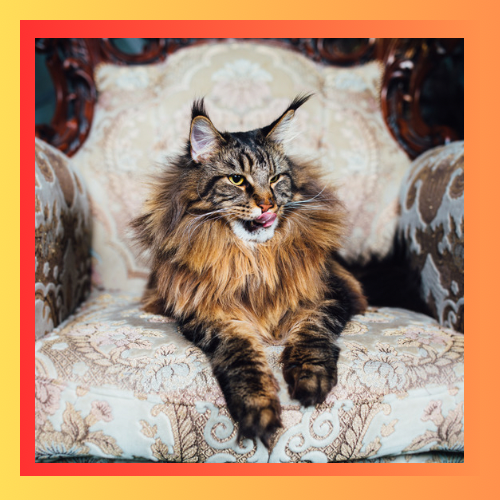
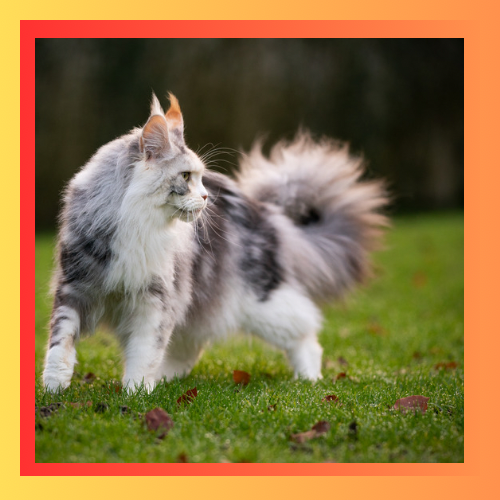
Encourage their exercise by offering opportunities, for activity such as climbing trees and providing scratching posts and interactive toys to keep them engaged and entertained.
Regular visits to the vet are important for keeping your Maine Coon healthy since they’re usually robust but may have issues like hypertrophic cardiomyopathy (HCM) and hip dysplasia.
Maine Coons need care just like any other cats do make sure to brush their teeth regularly and offer dental treats and toys for their oral health.
Longevity.
Maine Coons are usually strong and can live up to 12 to 15 years or longer; however, they may be susceptible to certain inherited health problems. Ethical breeders conduct tests for ailments like HCM (a heart condition) and hip dysplasia that impacts their joints. Routine visits to the vet and promoting a balanced lifestyle can assist in reducing these threats.
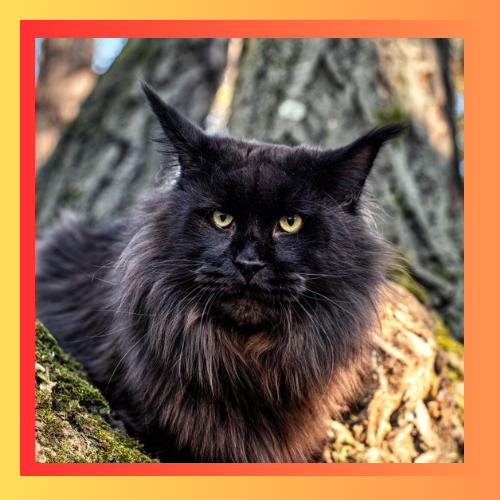
In summary .
Maine Coon cats are really friends as they combine a large size with a loving and sociable demeanor that is truly endearing to have around the house! With their looks and friendly attitudes mixed in with behavior and a sociable nature; they easily become a beloved part of any home setting – whether you’re an experienced cat parent or just starting out in the world of feline companionship! Having a Maine Coon around is sure to bring happiness into your life along with some company and a hint of charm!
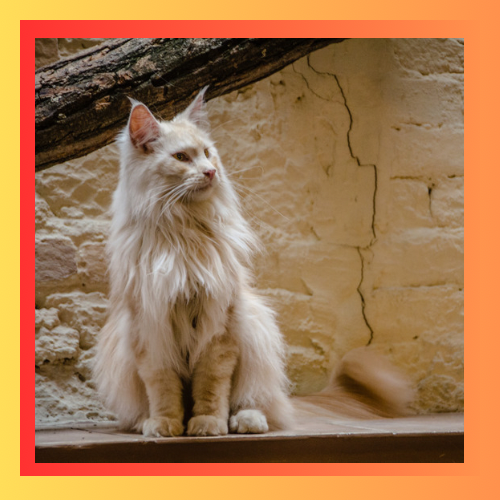
For more information on Maine Coon cats, you can visit the following references:
•https://www.maine-coon-cat-club.com
•https://www.tica.org/breeds/browse-all-breeds?view=article&id=1194:the-maine-coon-breed&catid=48
•https://cfa.org/maine-coon-cat/
By understanding their needs and characteristics, you’ll be well-prepared to provide a loving home for one of these gentle giants.
